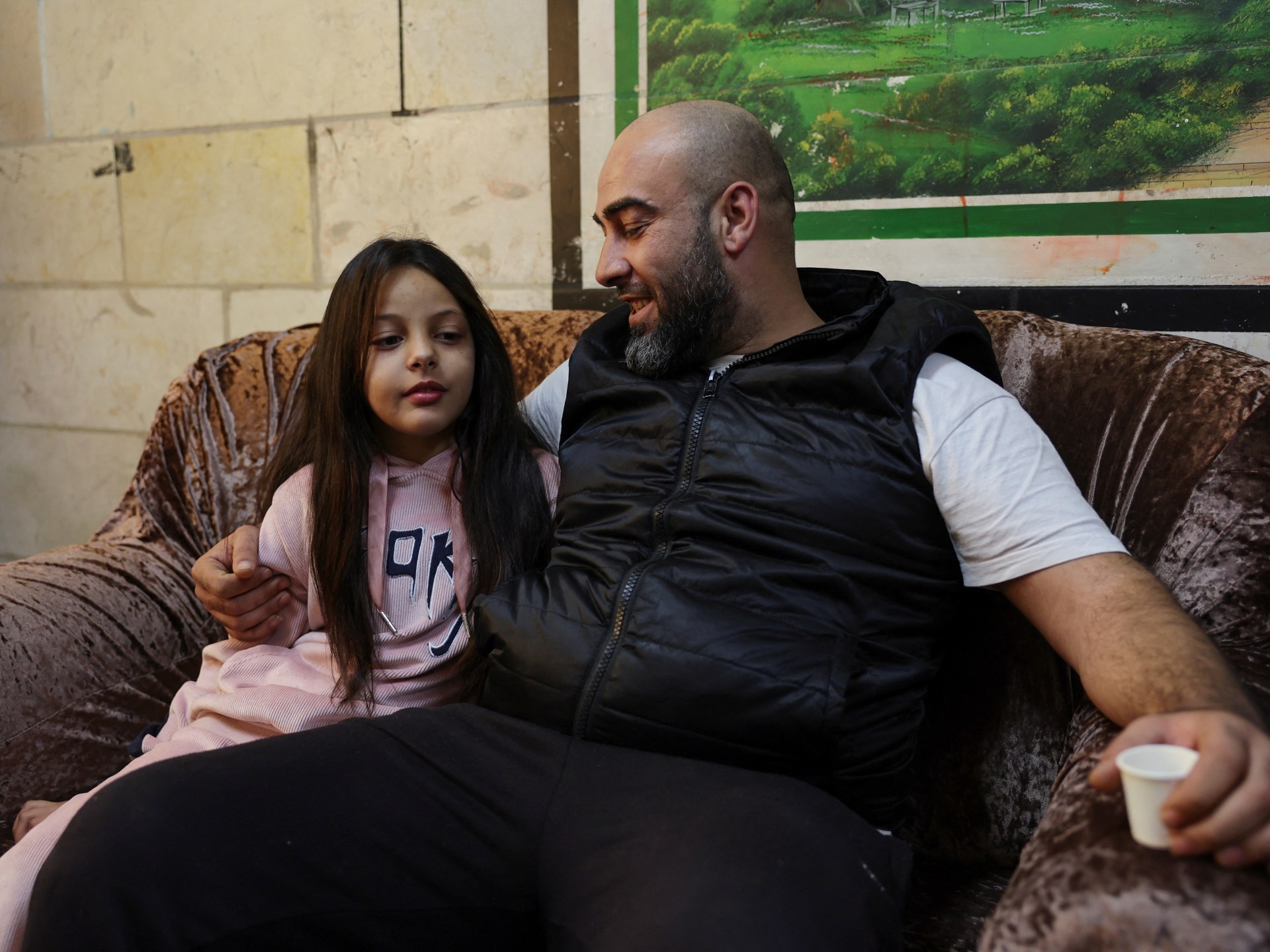Over the first four days of Israel-Hamas prisoner exchange, Israel arrests 133 Palestinians while releasing 150.
…
But the worry for Palestinian prisoners does not end after their release. The majority of those freed are usually rearrested by Israeli forces in the days, weeks, months and years after their release.
Dozens of those who were arrested in a 2011 Israel-Hamas prisoner exchange were rearrested and had their sentences reinstated.
…
Many of the women and children released during the truce have testified to the abuse they experienced in Israeli prisons.
Several videos have also emerged in recent weeks of Israeli soldiers beating, stepping on, abusing and humiliating detained Palestinians who have been blindfolded, cuffed and stripped either partially or entirely. Many social media users said the scenes brought back memories of the torture tactics used by United States forces in Iraq’s Abu Ghraib prison in 2003.



You aren’t aware of the Israeli Land Administration owning 93% of the land in Israel and actively preventing homes on that land from being sold to non-Jewish peoples?
It’s a long-term and well-known fact: https://www.haaretz.com/2009-07-21/ty-article/most-arabs-cant-buy-most-homes-in-west-jerusalem/0000017f-e0a3-d75c-a7ff-fcafbc6b0000
Did you read that article?
The article also says they can freely rent apartments wherever they want (as noncitizen residents), and that the law isn’t widely applied meaning that if they did go to purchase it would likely just happen anyways. So for that population of 360k or so people life is more complicated by not being Israeli citizens yet living inside Israel but it’s a far stretch from what you’re claiming.